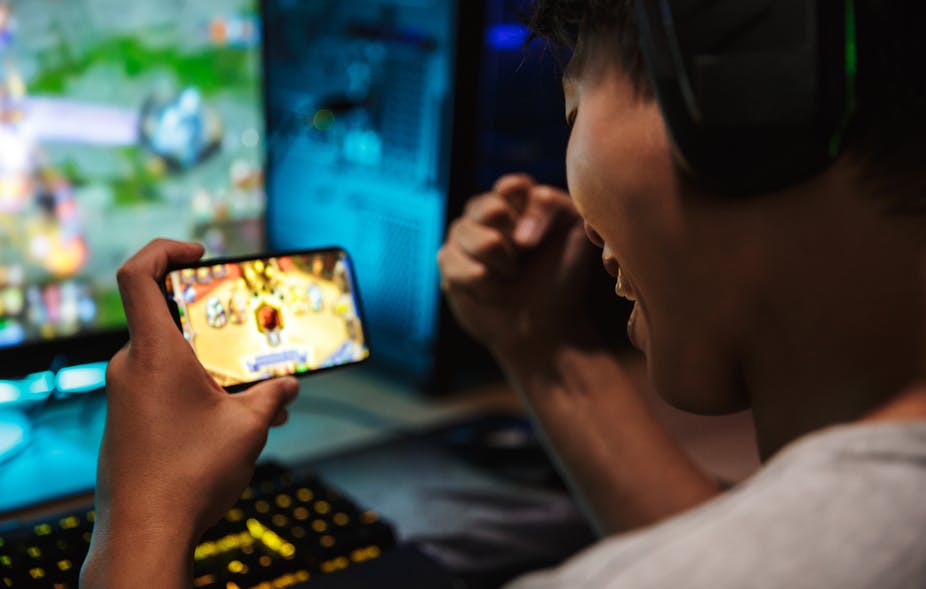

Among the most common and dangerous activities, gambling and gaming involve wagering something of value on a random event. It also requires the consideration of a person, the prize, and the risk of losing it. Gambling and gaming are also used as a social activity. And if you are from Italy you should cheack out their "siti scommesse non AAMS".
Using an inductive approach, this study aims to understand social motivations for gaming and gambling. It uses a sample of 521 adults who were self-reported to play social casino games in the previous 12 months. The results suggest that the most frequently endorsed motive for playing social casino games was to earn rewards.
The socially motivated participants were relatively diverse in their demographics, age and gaming experience. Despite these differences, a small proportion of them cited socialising as the primary motive for playing social casino games. Other socially motivated participants were more likely to reference a positive socialising factor, such as a social occasion, as the primary motivator. Nonetheless, these participants did not differ significantly from gamblers in their self-reported reasons for playing social casino games.
One participant purchased loot boxes to avoid missing out on an aesthetic item. Others described the purchase as a shared experience, a rite of passage, or as a means to socialize.
During the coronavirus pandemic, gambling and gaming increased in both online and offline forms. This is because many people needed to find indoor activities during quarantine. They also connected with other like-minded players.
The COVID-19 pandemic has had an immense social, economic, and health impact. Many of these impacts are still being felt, but the recovery is looking positive. Fortunately, the gaming industry has emerged as a major player in the pandemic's recovery, spearheading responsible reopening protocols for industries across the U.S., and has continued to aid communities through pandemic.
This study was intended to shed light on the gaming and gambling aspects of the COVID-19 pandemic. The researchers used a web panel of Swedish participants to measure changes in gaming and gambling behavior during the pandemic.
The study found that people played online casino games more, spent more, and spent less money during the pandemic. However, they were not able to find any statistically significant increase in spending by high-intensity online casino players.
Several studies at https://www.gamblingitalia.it/ have reported that alcohol can increase the risk of developing gambling problems. These studies have mainly focused on alcohol's impact on gambling-related cognitions, such as impulsivity and self-reported impaired control. However, it has been unclear whether alcohol can affect gambling behavior, such as within-session gambling outcomes and expenditures.
Alcohol's impact on gambling behavior is expected to be most pronounced among individuals who are more impulsive and experience higher initial losses. This could result in increased rate of cumulative loss, which might be mediated by alcohol's effect on the average amount wagered. In addition, alcohol may increase the risk of errors of judgment.
Alcohol may also contribute to longer gambling sessions. It has been reported that college students who drink while gambling are more likely to report typical gambling episodes lasting two or more hours. Interestingly, these behaviors are generally associated with higher total gambling expenditures.
Alcohol's impact on within-session gambling behavior is supported by alcohol administration studies. These studies found that individuals who drank alcohol lost all available funds in significantly fewer trials than participants who drank placebo.
Several studies have found that gambling can have negative effects on academic performance. In addition to decreased grades, undergraduates may lose money on gambling. This loss of money can be used for transportation, food, books, or room and board.
There is also evidence that gambling can negatively affect social life. Gambling can lead to anxiety and stress. It can also disrupt class attendance and cause poor academic performance. It can also lead to financial stress, depression, and alcohol and drug use problems.
One study surveyed 766 Canadian children aged 14-17 about their gambling activities. They were then questioned about their academic performance and social status. Parents' answers were also collected. The study was conducted at a large urban university in the mid-Atlantic region.
The study found that females had less gambling participation than males. However, males gambled more frequently on online casino games and daily lottery games. Moreover, men with low grades had more gambling participation.
The study results should be interpreted with caution. Future studies should consider additional factors, such as alcohol use, drug use, and mental health.
